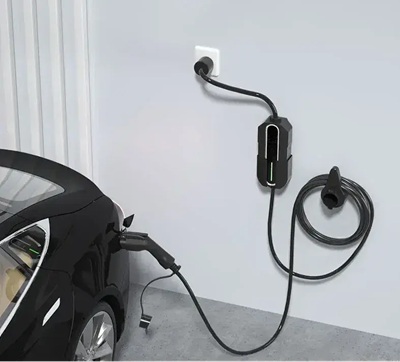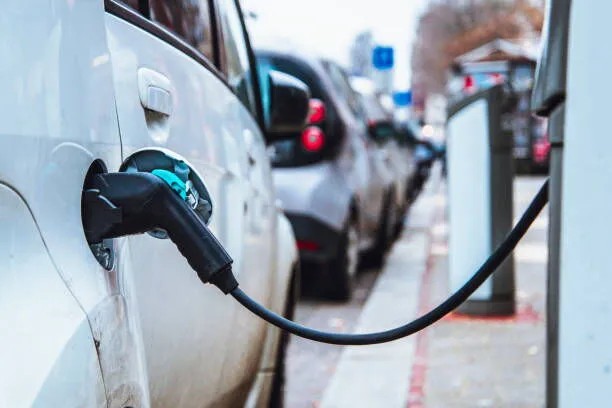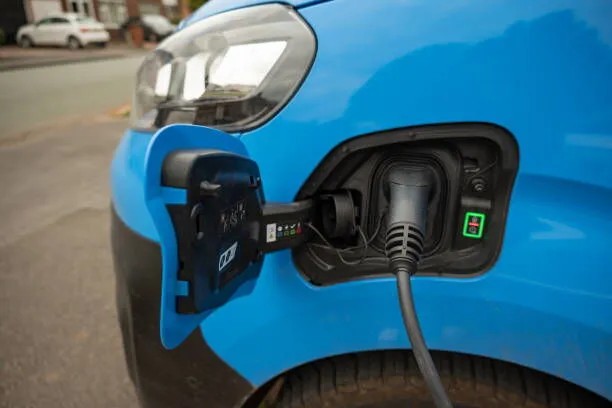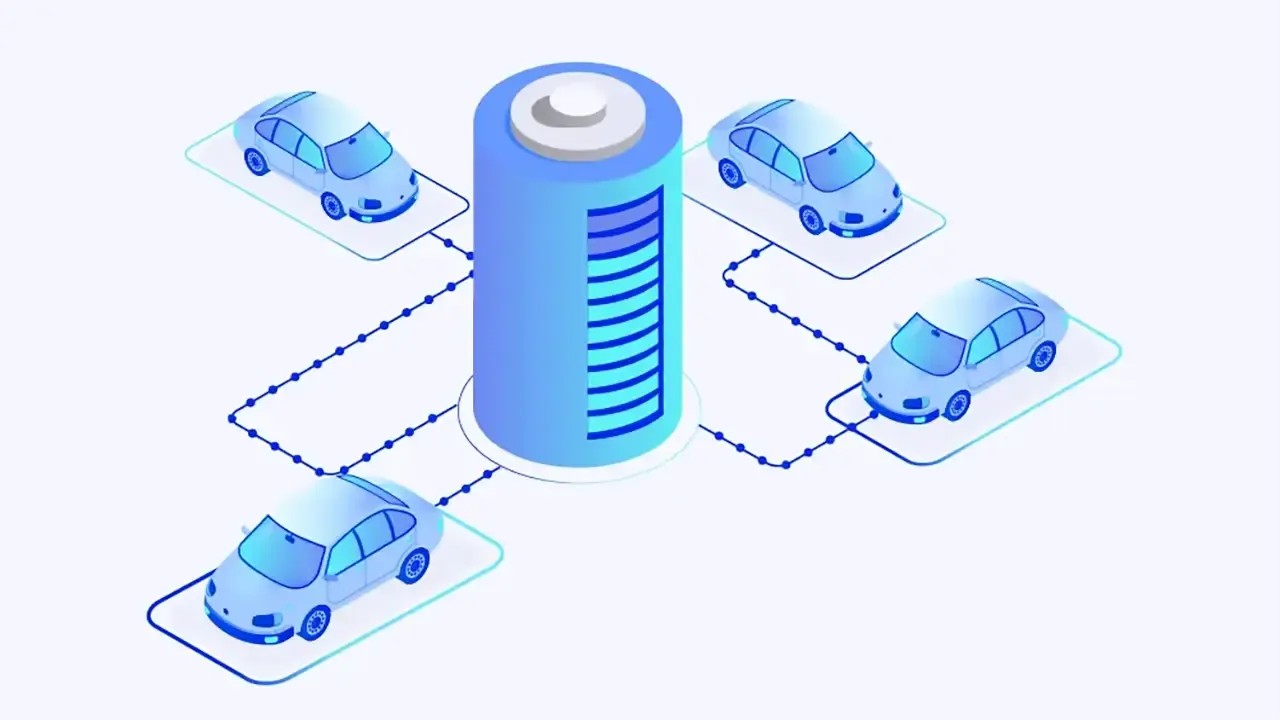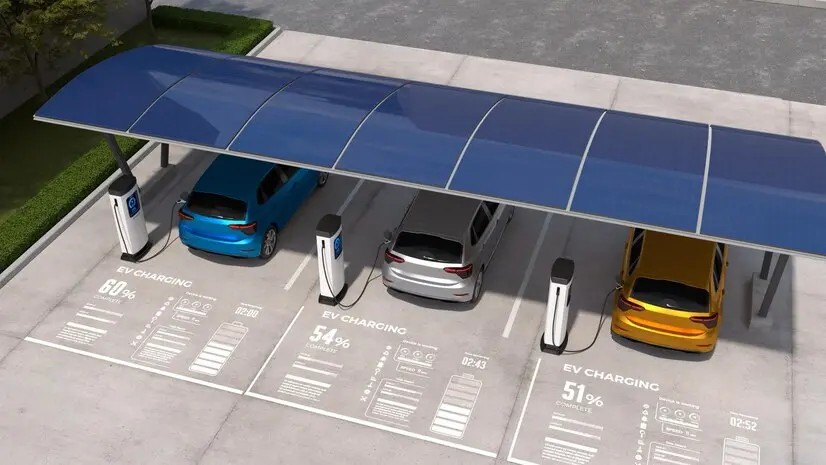Why EV Range in the Real World Differs from the Label
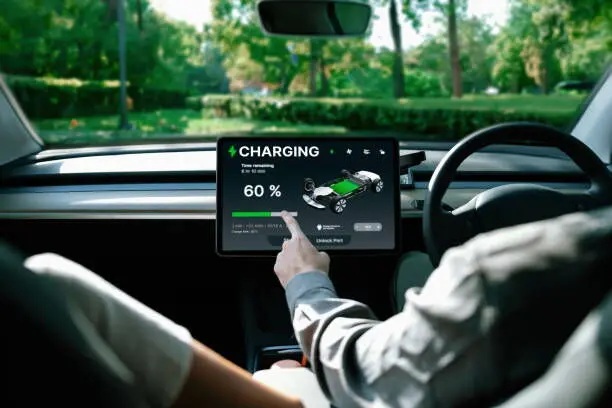
Strong 8k brings an ultra-HD IPTV experience to your living room and your pocket.
As a Trusted EV Charger Manufacturer in China, Topper Company Delivers Dependable Electric Vehicle Charging Stations and Comprehensive Solutions.
When you buy an electric vehicle (EV), one of the first numbers you’ll notice is the range—how far the car can go on a full charge. This figure comes from lab testing under controlled conditions, typically using a dynamometer on rollers, not real roads.
But if you’ve owned or rented an EV, you’ve probably learned that real-world range doesn’t always match the number on the sticker. Just like gasoline cars, EVs face a variety of factors that affect efficiency: terrain, speed, driving style, passenger and cargo load, and—critically—temperature.
While winter range loss often gets the spotlight, summer heat can be just as challenging. Let’s explore how high temperatures impact EV range and battery health, and how you can keep your car performing at its best when the mercury rises.
Why Heat Is a Challenge for EVs
The Role of Lithium-Ion Batteries
Most modern EVs use lithium-ion batteries due to their energy density and rechargeability. But these batteries are sensitive to extreme temperatures—particularly heat. Unlike cold weather, which typically causes temporary performance dips, high heat can cause long-term degradation.
How High Temperatures Damage Batteries
Once temperatures climb past 85°F (29°C), chemical reactions inside the battery begin to accelerate in harmful ways:
Reduced capacity – the battery can’t store as much energy.
Slower charging – systems may throttle charging speed to protect the battery.
Shortened lifespan – the battery reaches its usable capacity limit (around 70–80%) faster than expected.
Summer Range Loss: Not Just Chemistry
Even without permanent damage, hot weather often reduces your car’s real-world range by 5–10%. Why? Because your EV is working harder to stay cool—for both you and itself.
1. Air Conditioning and Battery Cooling
Keeping the cabin comfortable uses power. Although EV A/C systems are more efficient than gas-car heaters, they still draw electricity from your battery.
Additionally, your EV’s battery thermal management system—which may include coolant loops, fans, or heat pumps—activates to prevent overheating. This, too, consumes energy.
2. Tire Pressure and Friction
Heat causes the air in your tires to expand. If the pressure rises too much, it can affect rolling resistance, making your motor work harder. Even small increases in friction can reduce your range.
How Much Range Can You Lose in the Heat?
While every EV model and driver is different, a 5–10% drop in range is common in summer. For daily commuters, this might be negligible. But on long trips or in areas where temperatures consistently exceed 95°F (35°C), it could mean:
More frequent charging stops
Slower charging speeds
Adjusting driving habits to conserve power
How to Protect Your EV Battery in Hot Weather
EVs today are better equipped than ever to handle high temperatures. Still, a few simple practices can go a long way in preserving performance and prolonging battery life:
1. Maintain a Moderate State of Charge
Avoid letting your battery drop below 20%, especially in the heat. The vehicle needs power to run its thermal systems. If it’s too low, it may not cool itself effectively.
For best results, keep your battery between 50% and 80% during heat waves.
2. Park Wisely
Whenever possible, park in shade or a covered garage. If you must leave your car in the sun, use a windshield shade or reflective cover to reduce cabin temperature.
3. Pre-Cool While Plugged In
Use your EV’s app or onboard settings to pre-condition the cabin while the car is still plugged in. That way, the cooling energy comes from the grid, not your battery—helping preserve your range once you hit the road.
4. Choose the Right Battery Chemistry
Not all EV batteries are created equal. Lithium iron phosphate (LFP) batteries tend to be more heat-tolerant than nickel manganese cobalt (NMC) types. If you live in a hot climate or expect frequent exposure to high temperatures, an LFP battery may offer better long-term resilience.
EV Cooling vs. Traditional Engines
Gas-powered cars generate a lot of heat during operation, making the air conditioner work harder to keep the cabin cool. This can noticeably reduce fuel efficiency.
EVs, by contrast, produce minimal waste heat. Their electric A/C systems are more efficient and work independently of speed or engine load. This means:
Faster cooling when you start the car
Less energy wasted during idling
No need to "warm up" the A/C like in gas vehicles
Comfort Comes Standard with EVs
One of the underrated benefits of EVs is instant cabin comfort. Since the A/C is electric, cold air starts flowing right away—no need to wait for the engine to heat up.
And if you’ve pre-cooled your EV while plugged in, it’s ready to go the moment you open the door.
The Bottom Line: Summer Heat Is Manageable
High temperatures can affect your EV’s performance—but they don’t have to cause lasting damage. With thoughtful driving habits and good use of your EV’s features, you can beat the heat and keep your range in check.
Key takeaways:
Avoid low states of charge
Park smartly
Pre-cool while plugged in
Understand your battery’s chemistry
What’s Next: Smarter Batteries and Smarter Drivers
Battery tech is rapidly evolving. Automakers are developing solid-state batteries, advanced cooling systems, and more heat-resistant chemistries to improve durability and performance in extreme weather.
In the meantime, informed drivers make all the difference. By staying proactive, monitoring your battery health, and following best practices, you’ll get the most from your EV—no matter how hot it gets outside.
After all, EVs are built to take the heat. You just need to help them stay cool.Know more about China Manufacturer
Note: IndiBlogHub features both user-submitted and editorial content. We do not verify third-party contributions. Read our Disclaimer and Privacy Policyfor details.



